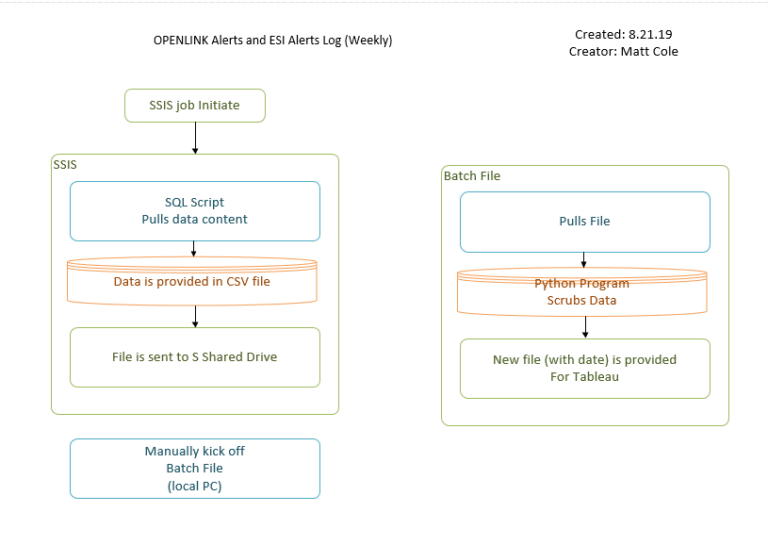Stoicism and Neuro-Linguistic Programming (NLP)
Stoicism and Neuro-Linguistic Programming (NLP) are two areas of study that may seem quite different on the surface, but they share some interesting similarities and differences. Both are focused on developing inner strength and resilience, but they approach this goal in different ways.
Stoicism is a philosophy that originated in ancient Greece and emphasizes the development of wisdom, self-control, and resilience. The central idea of stoicism is that individuals should focus on what they can control and accept what they cannot control. This means that a stoic person would strive to maintain a calm and rational mindset in the face of challenging circumstances, rather than becoming overwhelmed by emotion or frustration.
NLP, on the other hand, is a relatively new field that deals with the interaction between language, the mind, and behavior. The goal of NLP is to understand how language affects the way we think and behave and to develop techniques for using language to achieve specific outcomes. Practitioners of NLP use a variety of techniques and tools to help individuals improve their communication skills, overcome negative beliefs and behaviors, and achieve their goals.
One similarity between stoicism and NLP is their focus on developing inner strength and resilience. Both aim to help individuals overcome challenges and achieve their goals by developing a strong and resilient mindset. However, they approach this goal in different ways.
Stoicism emphasizes the importance of accepting what we cannot control and focusing on what we can control. This means that stoics aim to develop a mindset that is focused on rationality, wisdom, and self-control. NLP, on the other hand, is more focused on developing specific techniques and tools for achieving specific outcomes. NLP practitioners use a variety of techniques, including visualization, language patterns, and anchoring, to help individuals overcome negative beliefs and behaviors and achieve their goals.
Another difference between stoicism and NLP is their approach to emotion. Stoicism advocates for maintaining a calm and rational mindset, even in the face of difficult emotions like fear or anger. NLP, on the other hand, recognizes the power of emotions and seeks to understand how they influence our behavior. NLP practitioners use techniques like anchoring and reframing to help individuals develop a more positive emotional state and overcome negative emotions like anxiety or depression.
In conclusion, stoicism and NLP are two areas of study that share some interesting similarities and differences. Both are focused on developing inner strength and resilience, but they approach this goal in different ways. Stoicism emphasizes the importance of rationality, wisdom, and self-control, while NLP is more focused on developing specific techniques and tools for achieving specific outcomes. While they have their differences, both stoicism and NLP offer valuable insights and tools for developing a strong and resilient mindset and achieving our goals.
#infobymattcole
 You can check out Matt’s LinkedIn account, Youtube Channel, or Podcast.
You can check out Matt’s LinkedIn account, Youtube Channel, or Podcast.Introducing my new books, ‘The Art of Critical Thinking’ and ‘The Critical Thinking Model’. Both can be read for free with Kindle Unlimited or $2.99 each via Kindle.





